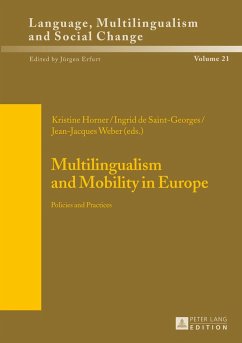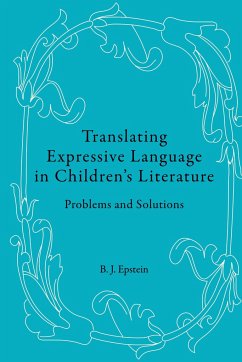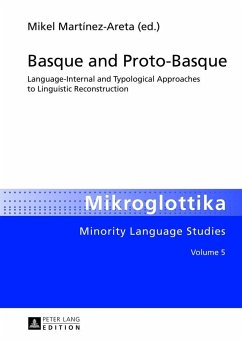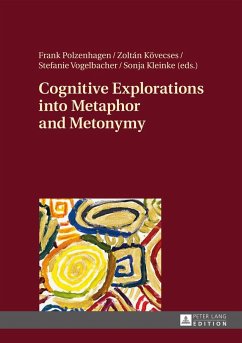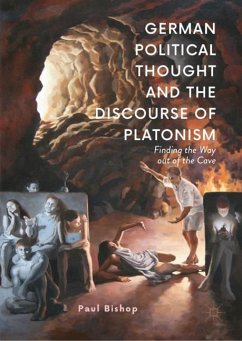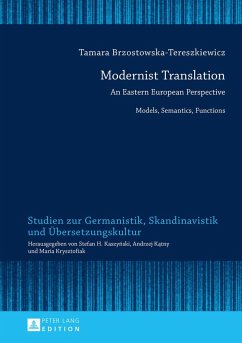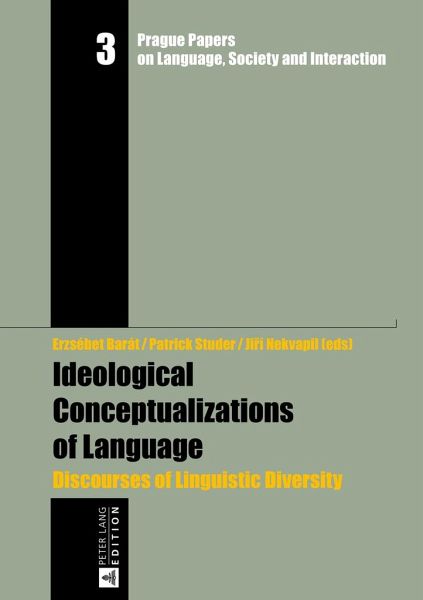
Ideological Conceptualizations of Language
Discourses of Linguistic Diversity
Herausgegeben: Barát, Erzsébet; Studer, Patrick; Nekvapil, Jirí
Versandkostenfrei!
Versandfertig in 6-10 Tagen
78,85 €
inkl. MwSt.

PAYBACK Punkte
0 °P sammeln!
This book presents cutting-edge research into the complex interrelationships between linguistic diversity and ideology. It provides insight into how institutions and individual stakeholders carry ideologies forward into the discursive space through policies, propaganda or individual perceptions and reflections. The chapters focus on different European localities (UK, Central Europe, Switzerland, Luxembourg, Netherlands and Italy), social actors (migrant communities, citizens, and policy-makers), and institutional contexts such as public bodies (European, national) and private enterprises. Unde...
This book presents cutting-edge research into the complex interrelationships between linguistic diversity and ideology. It provides insight into how institutions and individual stakeholders carry ideologies forward into the discursive space through policies, propaganda or individual perceptions and reflections. The chapters focus on different European localities (UK, Central Europe, Switzerland, Luxembourg, Netherlands and Italy), social actors (migrant communities, citizens, and policy-makers), and institutional contexts such as public bodies (European, national) and private enterprises. Understanding ideology as a social act of conceptualization, the book contributes to the growing interdisciplinary body of linguistic research into the social theory of meaning and change.






